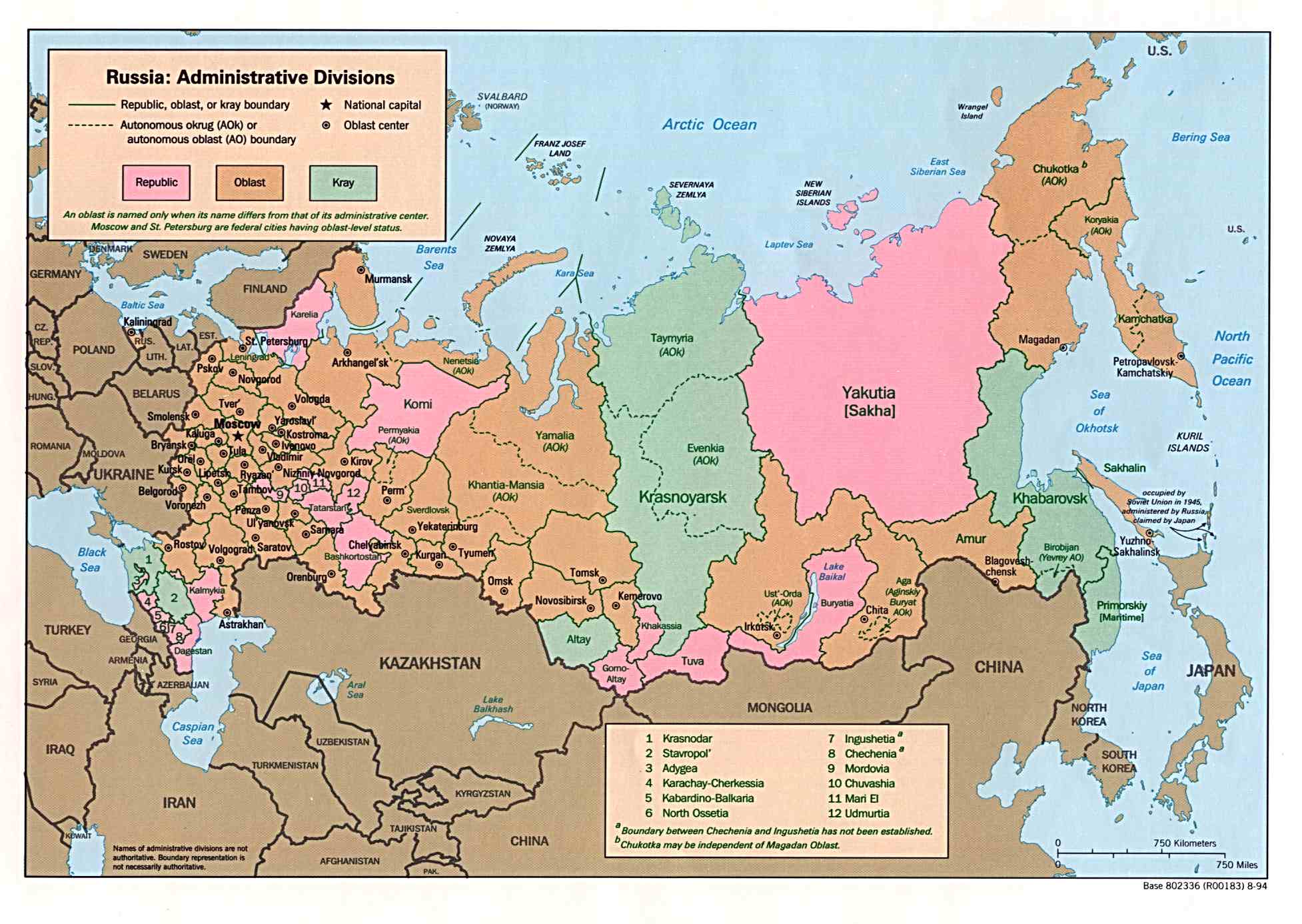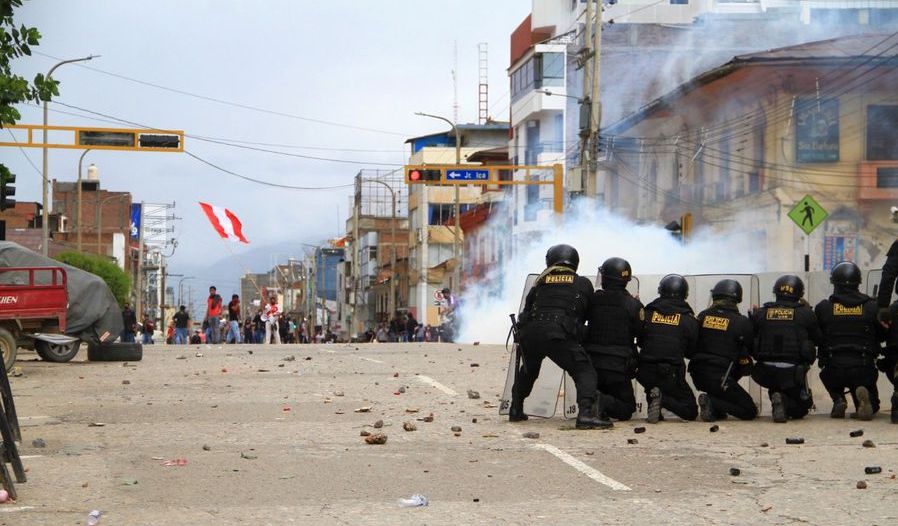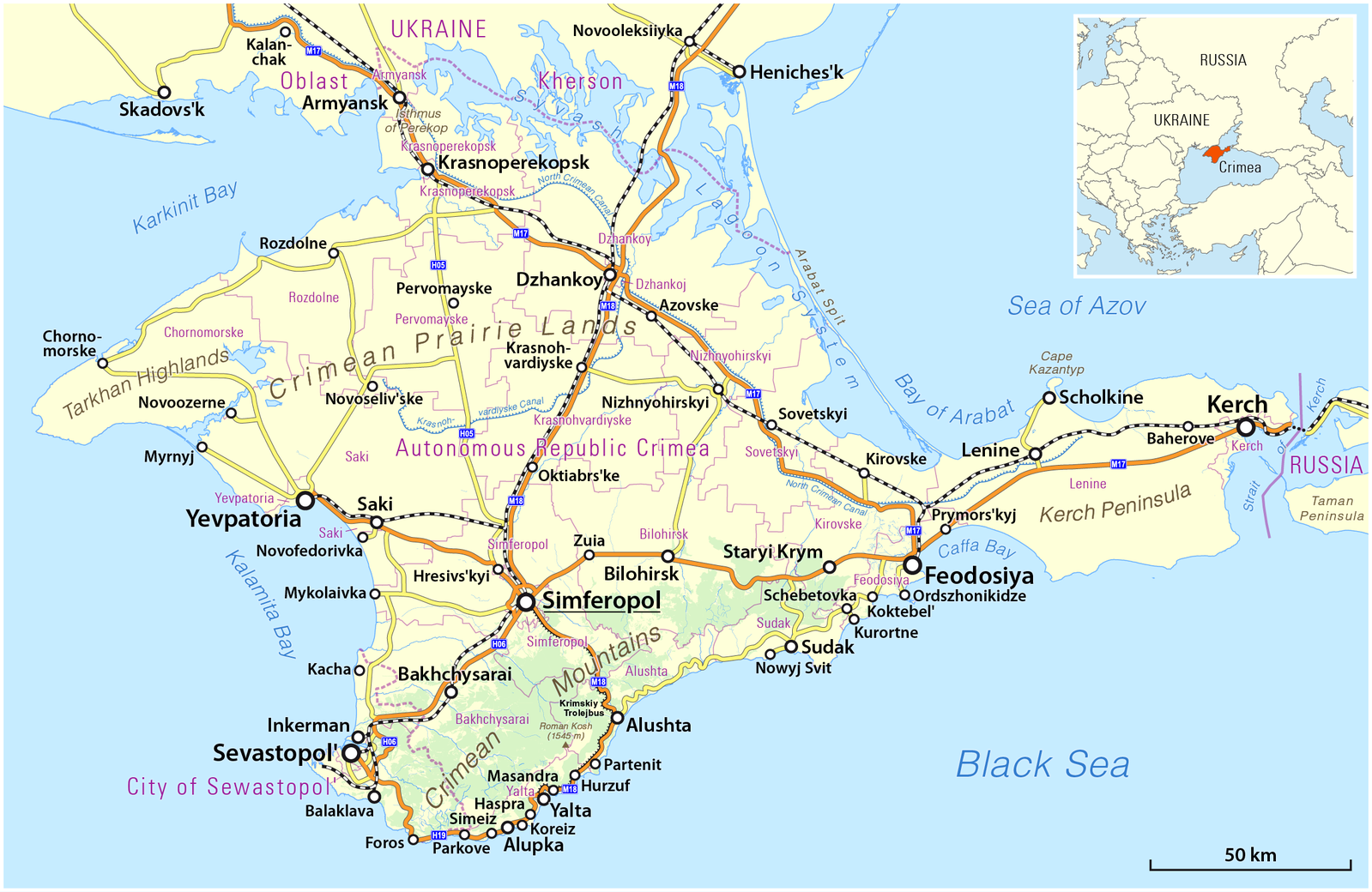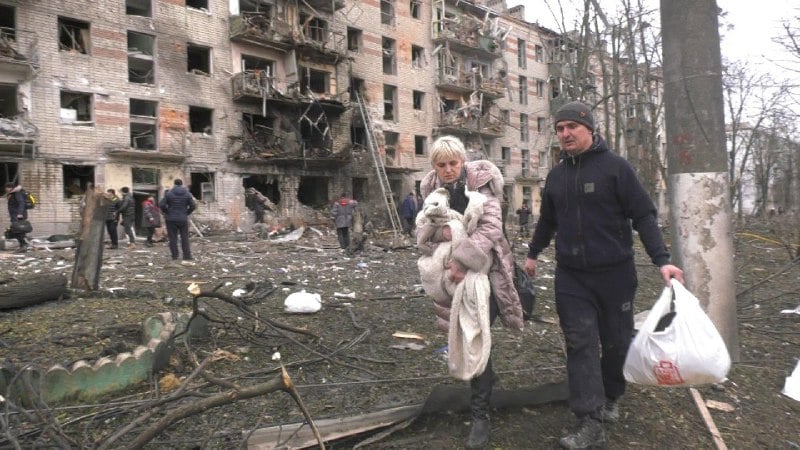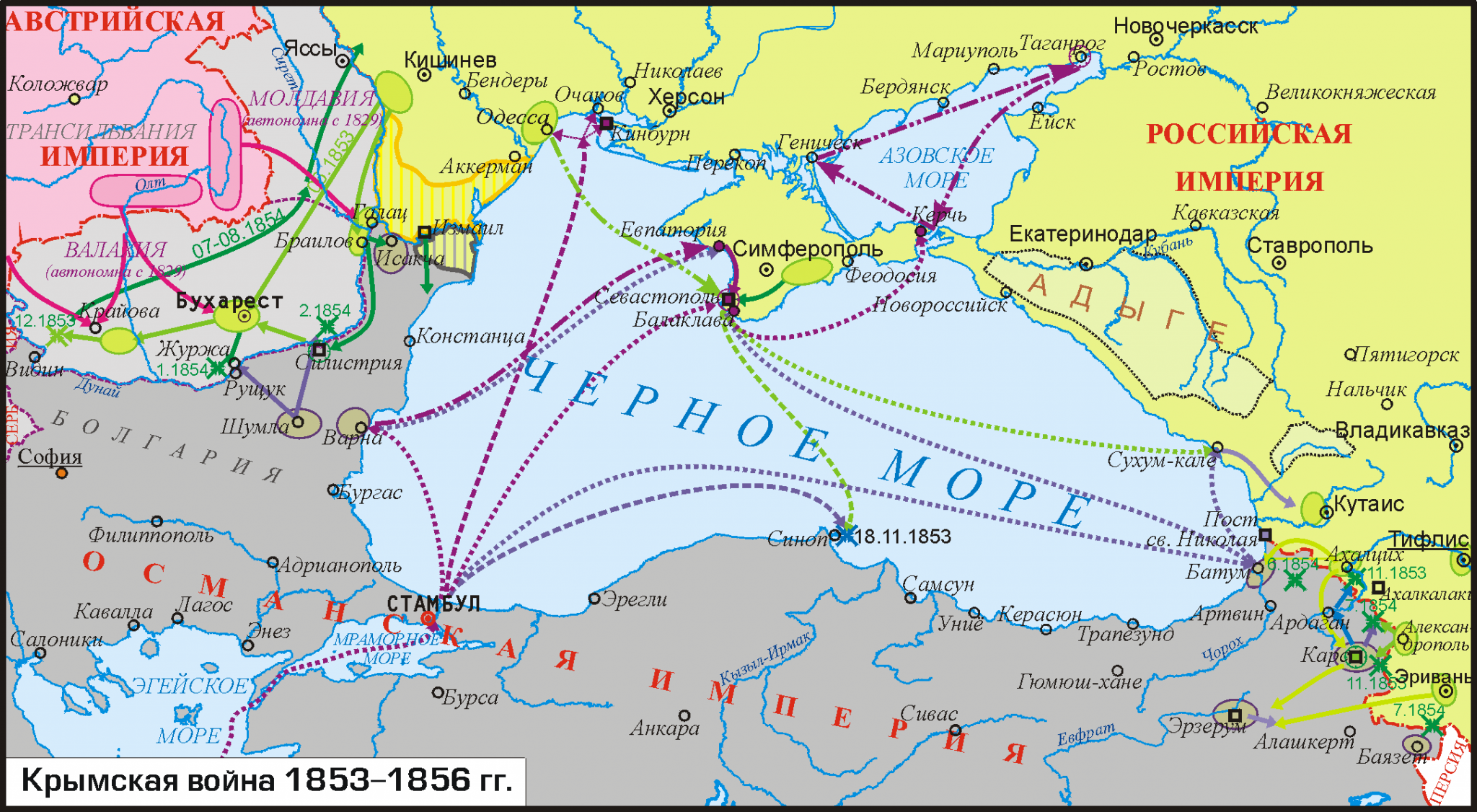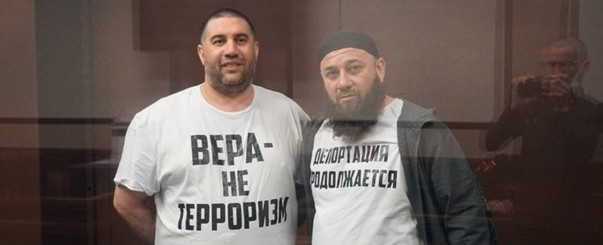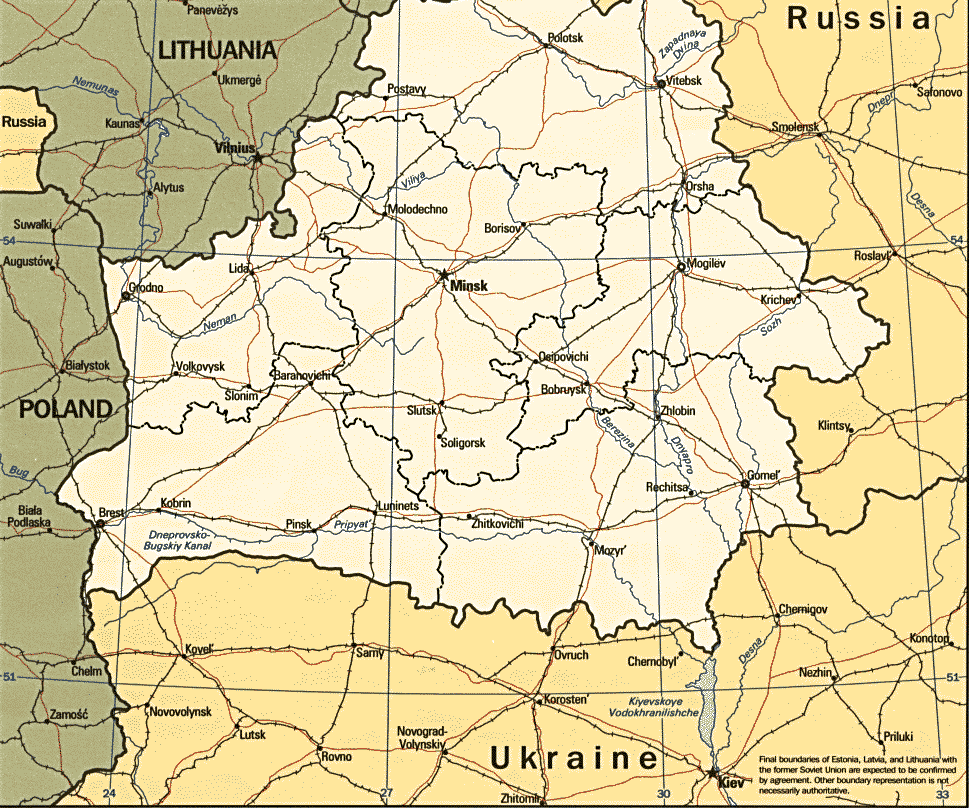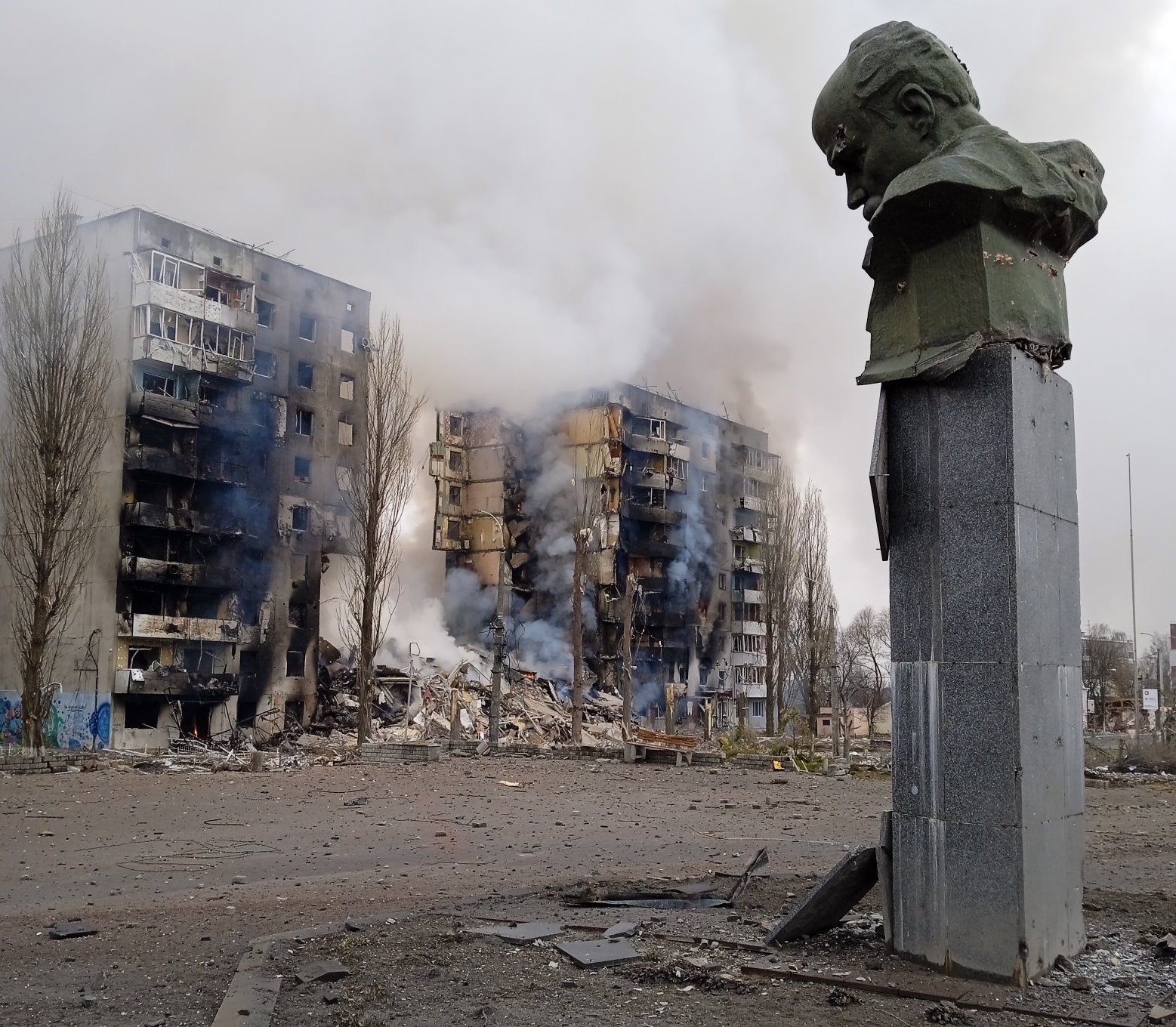
Ukraine: thousands of Russian war crimes reported
Across Ukraine, prosecutors are collecting evidence of potential war crimes by Russian forces in the weeks since the invasion was launched, and now say they are investigating some 5,000cases. But it was images of the bodies in Bucha–revealed after Russian troops withdrew from areas outside the Ukrainian capital last week–that captured global attention. Authorities say at least 320 civilians were slain in the small city northwest of Kyiv. Between 150 and 300bodies were buried in a mass grave, while others were left scattered along a street for weeks. Hundreds more were killed in other Kyiv satellite towns, such as Borodyanka and Hostomel. In a rare move, the UN General Assembly voted to suspend Russia from the Human Rights Council, citing reports of “gross and systematic violations and abuses of human rights” and “violations of international humanitarian law.” (Photo: damaged statue of Ukrainian national poet Taras Shevchenko in Borodyanka. Via Euromaidan Press)



